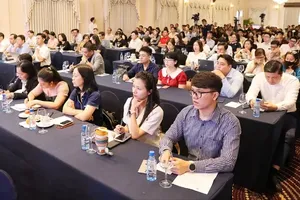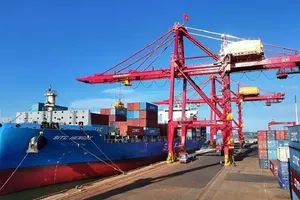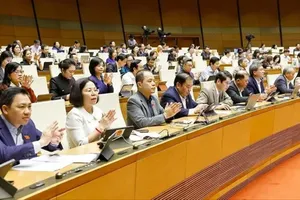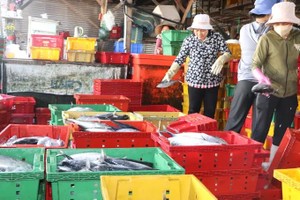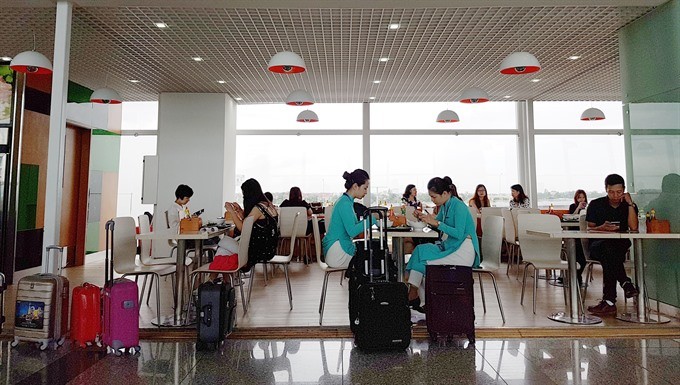
He issued the order in a meeting on Friday.
According to the Ministry of Finance, based on reports sent to it by 14 ministries, 41 local authorities and 29 State-owned enterprises, there are 578 SOEs that have been equitised but not listed.
The list of these companies has been submitted to the Government.
The Deputy PM said that all ministries, localities and State-owned corporations should ask representatives of the concerned SOEs to list their shares on the market as soon as they meet all the requirements to do so.
He noted that said that in accordance with Directive 04/CT-TTg issued by the Prime Minister on the restructuring and renovation of SOEs in the period 2016-2020, the SOEs have to list their shares on the stock exchanges within a year after their IPOs.
The Deputy PM also asked the Government Office and the Ministry of Finance to publish the list of 578 equitised SOEs on the websites of the Government and the Finance Ministry.
The Finance Ministry must make a separate list of the SOEs that have not listed despite meeting all the requirements to do so, and submit the same to the PM.
According to the Finance Ministry, of the 578 equitised SOEs, 301 have not registered to list on the stock exchange, 205 have not met the listing requirements; and 72 have not registered to list even after meeting the requirements.
Among the companies that have not registered for listing, subsidiaries of the Electricity of Vietnam (EVN) and the coal and mining group Vinacomin (TKV) are not qualified for the number of shareholders.
For companies that have not met listing requirements, the largest aviation company, Vietnam Airlines, had a return-on-equity (ROE) ratio before 2015 of below 5 per cent.
Meanwhile, shareholders of the Noi Bai Airport Services Co (Nasco) have only approved the trading of the company’s shares on the Unlisted Public Company Market (UPCoM).
Analysts say that the delay in listing equitised SOEs will have negative impacts within the companies and also make further equitisation less attractive to investors, especially foreign investors, resulting in a loss of income to the State.
Delayed listing of SOEs will also reduce the chance of holding successful IPOs, because the number of investors participating in the auctions will be low, leading to low bidding prices.
The delayed listing will also result in SOEs being unable to transparently show their financial status, and investors will not be keen on investing in firms that whose operations they cannot monitor.
Source: VNS








